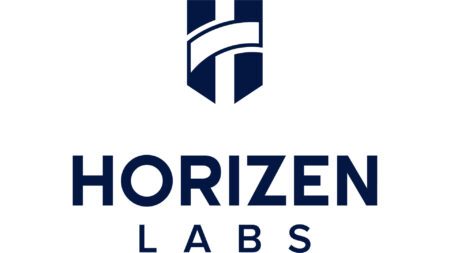Britain’s tax regulator, HM Revenue & Customs (HMRC), is reportedly placing pressure on cryptocurrency exchanges to reveal the identities of transaction histories of customers.
Quoting “industry sources,” CoinDesk published a report indicating that Coinbase, eToro, and CEX.IO have all received letters requesting trade histories and identifying information pertaining to their clients in recent weeks. None of the aforementioned exchanges have made statements addressing the alleged requests for information from HMRC.
British Tax Authority Seeks Information From Crypto Exchanges
In response to Freedom of Information (FOI) Request, HMRC stated that it does not wish to make its specific demands public as such could impede the regulator’s assessment of cryptocurrency traders’ tax obligations.
These exchanges can retain information on their clients and the transactions that they have completed. These transactions may result in potential tax charges and HMRC has the power to issue notices requiring exchanges to provide this information.
According to anonymous sources, Britain’s tax regulator is seeking to “work with exchanges when it comes to finding information on people who have been buying and selling crypto.” The source estimate that HMRC will only seek data from the last two to three years, adding:
“If [HMRC] do only go back two or three years, I think the interesting thing here is, that the individuals who went into crypto very early on in 2012-13 will not be affected.” As such, the traders who made the largest gains will not be targeted, with only “the people who came in around the time crypto peaked” expected to be the focus of HMRC’s investigations.
IRS To Target Over 10,000 Crypto Traders
HMRC’s move on cryptocurrency traders follows similar action from the United States Internal Revenue Service (IRS) – which will distribute letters to “more than 10,000” virtual currency owners before the end of August, urging traders to “pay back taxes” and “file amended returns.”
IRS Commissioner, Chuck Rettig, indicated that the tax authority it is expanding its employment of data analytics to crack down on tax evasion among cryptocurrency traders, stating:
Taxpayers should take these letters very seriously by reviewing their tax filings and when appropriate, amend past returns and pay back taxes, interest, and penalties. The IRS is expanding our efforts involving virtual currency, including increased use of data analytics. We are focused on enforcing the law and helping taxpayers fully understand and meet their obligations.
According to a statement, cryptocurrency comprises “an ongoing focus area” criminal investigations carried out by the IRS.
Australia Updates Tax Guidance for Virtual Currencies
During June, the Australian Taxation Office (ATO) published updated guidelines regarding the tax obligation of entities operating with virtual currencies.
According to the guidelines, businesses that sell or exchange cryptocurrencies “in the ordinary course” of operations will be subject to “trading stock rules,” rather than capital gains taxation rules. As such, the “proceeds from the sale of cryptocurrency held as trading stock in a business” comprise “ordinary income,” while the expense of acquiring the virtual currency held as trading stock is deductible.
Businesses that receive cryptocurrencies in exchange for goods or services must declare the value of any virtual currencies received as ordinary income. Entities engaged in cryptocurrency arbitrage must also record profits as ordinary income.
In instances where employees opt to receive cryptocurrency as remuneration rather than Australian dollars, said virtual currency is deemed to comprise a fringe benefit and will be treated as a property benefit under the Fringe Benefits Tax Assessment Act 1986.









